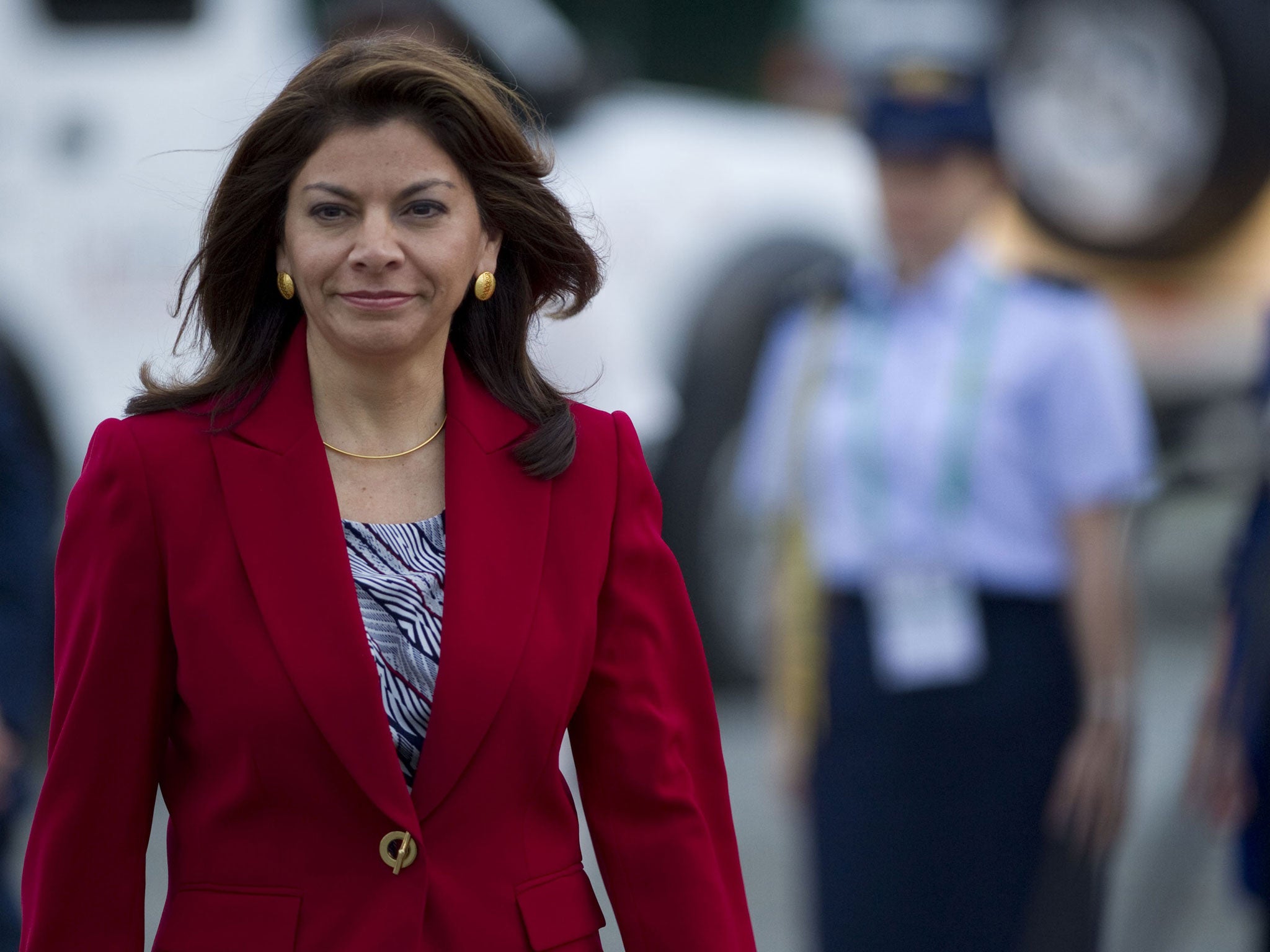Costa Rica 'accidentally' legalises gay marriage
Conservative lawmakers voted for the bill to pass but later realised that a change in the language could allow gay marriage.

Your support helps us to tell the story
From reproductive rights to climate change to Big Tech, The Independent is on the ground when the story is developing. Whether it's investigating the financials of Elon Musk's pro-Trump PAC or producing our latest documentary, 'The A Word', which shines a light on the American women fighting for reproductive rights, we know how important it is to parse out the facts from the messaging.
At such a critical moment in US history, we need reporters on the ground. Your donation allows us to keep sending journalists to speak to both sides of the story.
The Independent is trusted by Americans across the entire political spectrum. And unlike many other quality news outlets, we choose not to lock Americans out of our reporting and analysis with paywalls. We believe quality journalism should be available to everyone, paid for by those who can afford it.
Your support makes all the difference.Gay marriage is already legal in over a dozen nations worldwide, but Costa Rica may yet set a remarkable precedent – by being the first to allow same-sex unions by mistake.
This week, the Costa Rican Legislative Assembly voted for a change to its “Law of Young People”, which covers social services and marriage laws. It was only once the bill had passed did unwitting conservative lawmakers realise that their liberal counterparts had inserted language that could open the door to civil unions for gay couples.
The controversial wording was written into the legislation by José María Villalta, a member of the left-wing Frente Amplio party.
“During the discussion in the first debate, we explained that the Law of Young People should be interpreted with this sense of opening to gays and no one objected,” Villalta said afterwards. Given the lack of perceived opposition to his amendment, he proceeded to insert it into the bill. The text, which previously stated that only marriages between a man and a woman would be recognised, now extends “the right to recognition without discrimination contrary to human dignity.”
Outraged Christian conservatives have demanded that Costa Rican President Laura Chinchilla, pictured, veto the legislation when it crosses her desk. But Ms Chinchilla has refused to oppose the bill’s passage. Once the bill is approved by the President, it will likely face challenges in the country’s courts, which it is expected to lose.
Gay rights activists in Costa Rica have nonetheless hailed the week’s events as a turning point for their cause. Marco Castillo, the leader of Movimiento Diversidad (“Diversity Movement”), told the Tico Times, “It’s a big step forward for gay rights in Costa Rica.”
Join our commenting forum
Join thought-provoking conversations, follow other Independent readers and see their replies
Comments